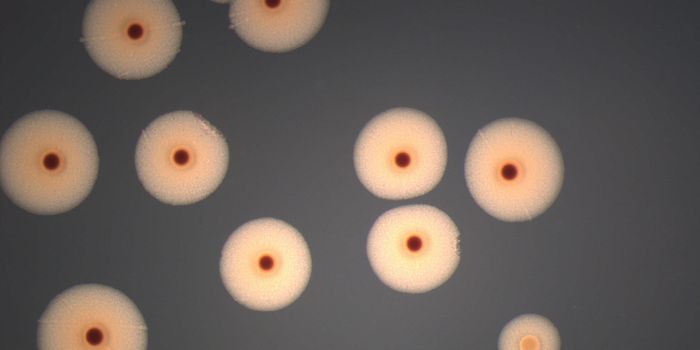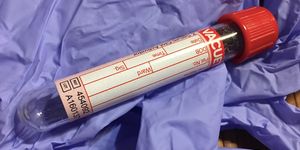Aspirin Reduces Colorectal Cancer Recurrence by Over 50%
Aspirin use in patients with PIK3CA-mutated colorectal cancer reduces recurrence risk by over 50%, found a study published in the Journal of Clinical Oncology. The findings could lead to immediate changes in clinical practice for around a third of patients with colorectal cancer.
“This is the first trial to show that mutations in this specific signal pathway, also beyond PIK3CA, predict aspirin response, expanding the target population to more than a third of the patients [with non-metastasized colorectal cancer],” said study author, Anna Martling, MD, PhD, FACS, FASCRS, Karolinska Institutet, Lund University, Akademiska University Hospital, during a presentation of the results.
“This is also an example of repurposing a safe, inexpensive, and globally available drug and it stresses the importance of genomic testing in colorectal cancer patients,” she added.
The trial took place across 33 hospitals in Sweden, Denmark, Finland, and Norway, and involved 626 patients with somatic alterations in the PI3K pathway. Patients were randomized to receive either 160 mg or aspirin per day or a placebo starting within three months post-surgery for three years.
Ultimately, aspirin reduced the risk of recurrence by 51% in patients in group A- those with PIK3CA exons 9/20, and 58% in patients in group B- those with PIK3R1/PTEN/other PIK3CA alterations. Whereas aspirin did not affect 3-year disease-free survival among those in Group A, it significantly improved the measure among those in Group B.
Three patients experienced severe adverse events related to aspirin: one GI-bleeding, one hematoma, and one allergic reaction. Meanwhile, a total of 57 patients receiving aspirin and 38 receiving placebo experienced severe adverse events, including late postoperative complications, deep vein thrombosis, and embolism.
“Aspirin is a well-established and a safe medical medication with well-known side effects. The incidence of adverse events was as expected," noted Martling.









